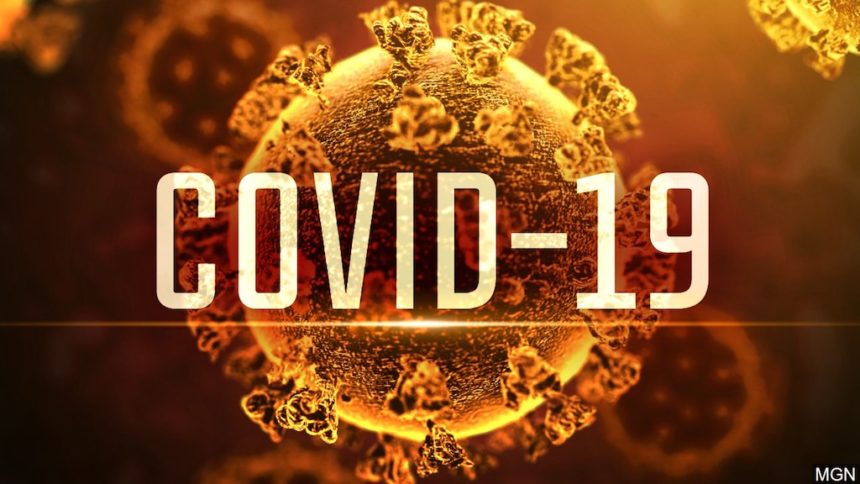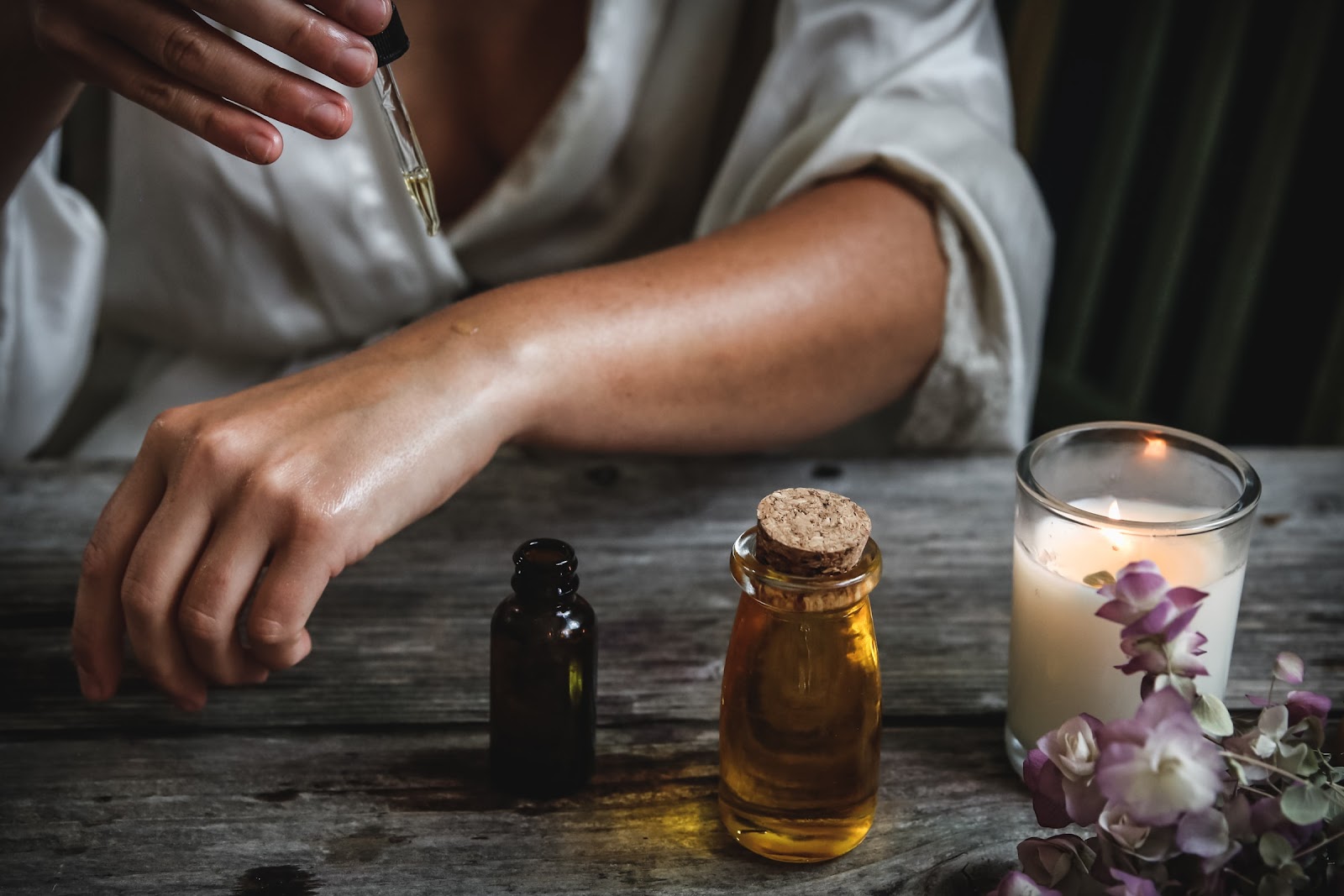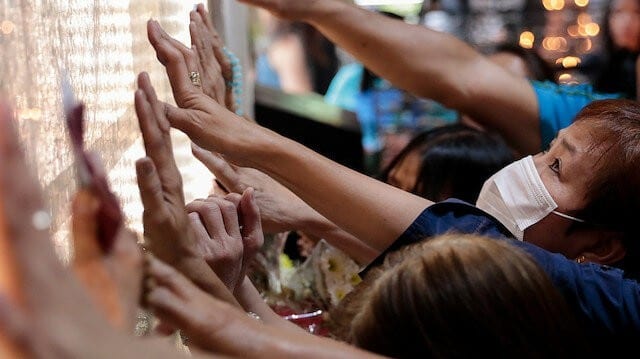COVID19 is caused by the coronavirus or SARS-CoV-2 as it is commonly known. Those with serious underlying medical conditions such as lung or heart disease or who are over fifty years of age seem to be in a greater risk of contracting the disease than those without these conditions. The virus, however, can also affect babies and children.
Table of Contents
The countries affected badly by this Covid19 virus are :
- United States
- Italy
- Canada
- China
- India
- Brazil
- Netherland
- Russia
- Saudi Arabia
- UAE
- Spain
- United Kingdom
- Malaysia
- Thailand
- Philippines.
There have been many cases reported from countries that were not listed above.
Symptoms of Covid19 (Coronavirus)
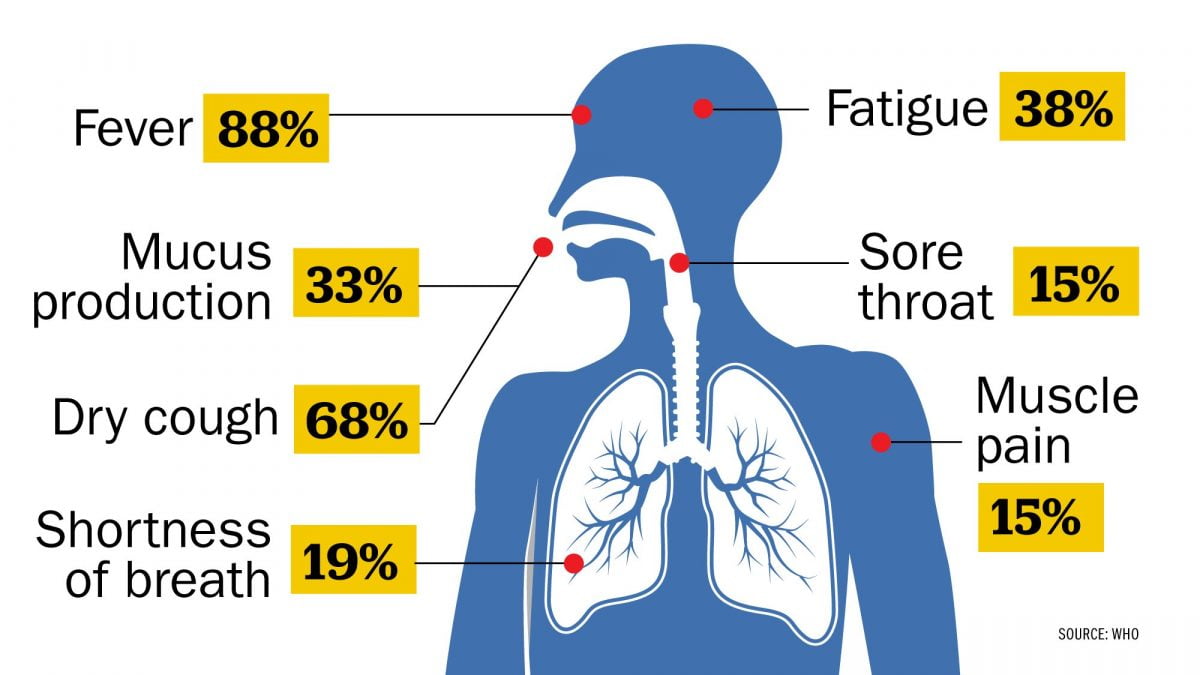
The first sign of COVID-19 infection is usually a cough. However, if the cough doesn’t improve or worsens, then you should visit a doctor immediately.
In most cases, doctors can determine whether you have contracted the virus by means of a simple physical examination and blood tests. If tests reveal the presence of the virus, your doctor may prescribe a course of treatment which will include taking antibiotics or decongestants.
Also read: Cocktail of flu, HIV drugs appears to help fight coronavirus: Thai doctors
The symptoms of COVID-19 include fever, severe vomiting, abdominal pain, diarrhea, swollen glands, skin rash and chest discomfort. Some sufferers may also exhibit fatigue and muscle aches. In some cases, victims of COVID-19 infection may also develop anorexia or nausea.
It is important to note that COVID19 is a serious condition and the treatment given to patients is aimed at preventing the recurrence of the disease. Since COVID-19 is very contagious, people who are at risk of contracting the virus should be kept away from people who are infected with the virus.
The symptoms of COVID19 can appear up to two weeks after exposure to the virus. If left untreated, the virus could lead to severe complications including death.
You should consult a doctor immediately upon becoming aware of the symptoms, especially if you have recently traveled to the affected areas. and if you develop any fever or any unusual symptoms.
COVID-19 can also cause pneumonia in individuals who suffer from immune deficiency. as, well as in those who have had previous exposure to the virus. This condition requires urgent medical attention.
When you required urgent medical attention?
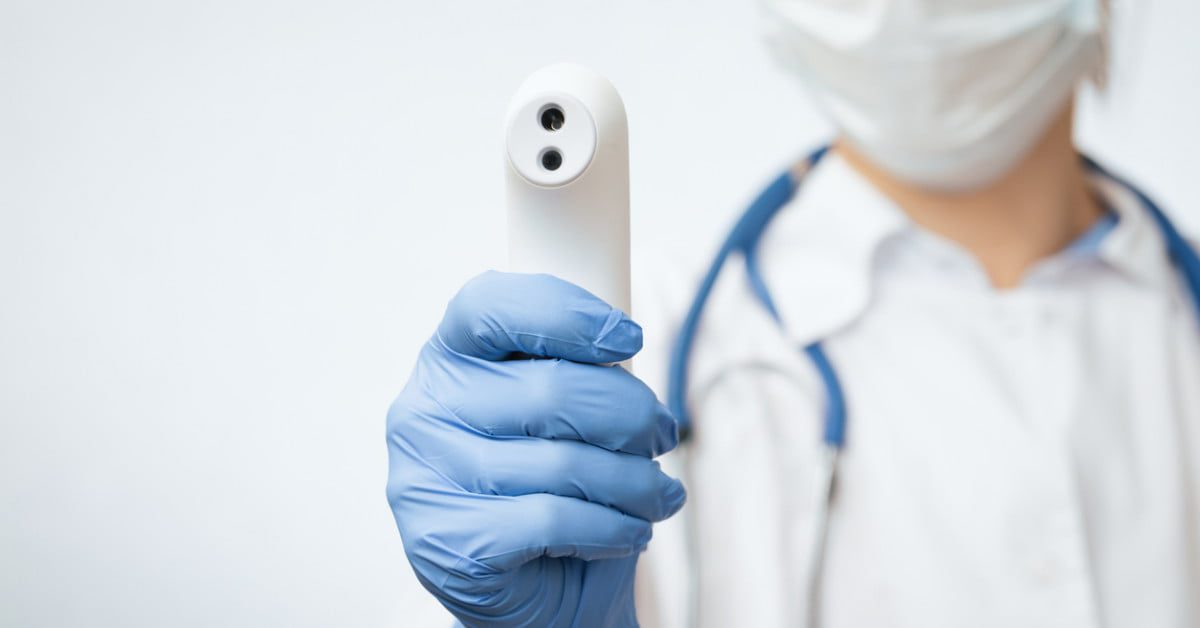
If you believe that you have been infected with COVID-19, you should contact a doctor as soon as possible so as to avoid complications. If you notice any symptoms, the sooner the better.
For example, you should avoid using aerosol sprays like Lysol, Dyson, and Lysotile because these substances can be used in the treatment of coronavirus. The use of antifungal drugs such as Nystatin, Tioconazole, and Miconazole is also prohibited.
Treatments of Covid-19:

Because the symptoms of COVID-19 are similar to other diseases, treatment for COVID-19 may be similar to other viral infections as well.
For example, antiviral drugs are often used in the treatment of hepatitis. This is why you should take care if you are infected with the virus, especially if you already have some type of immunity or some of the other diseases linked to coronavirus.
Other treatments that can be used in the treatment of coronavirus include antibiotics such as
- Azithromycin
- Dexamethasone
- Erythromycin
- Clotrimazole
- Miconazole
- Tioconazole
- Panadol
In the event that all else fails, your doctor may recommend surgery, although this option can be risky since it may cause scarring.
In some countries where coronavirus is not yet prevalent, vaccination may be recommended in order to prevent the spread of the disease. However, in many countries vaccination is not required. It is also advisable to avoid coming into direct contact with children who have recently been vaccinated against the virus.
The most common vaccines that may be used to treat COVID19 are the Mumps vaccine, MMR vaccine, and measles vaccine.
The effectiveness of these vaccines is not known, and therefore there is no guarantee that they will completely eliminate the possibility of the disease.
Also, some countries, such as Russia, China, India, Afghanistan, and Bangladesh, require children below a certain age to receive a booster shot every four months.

